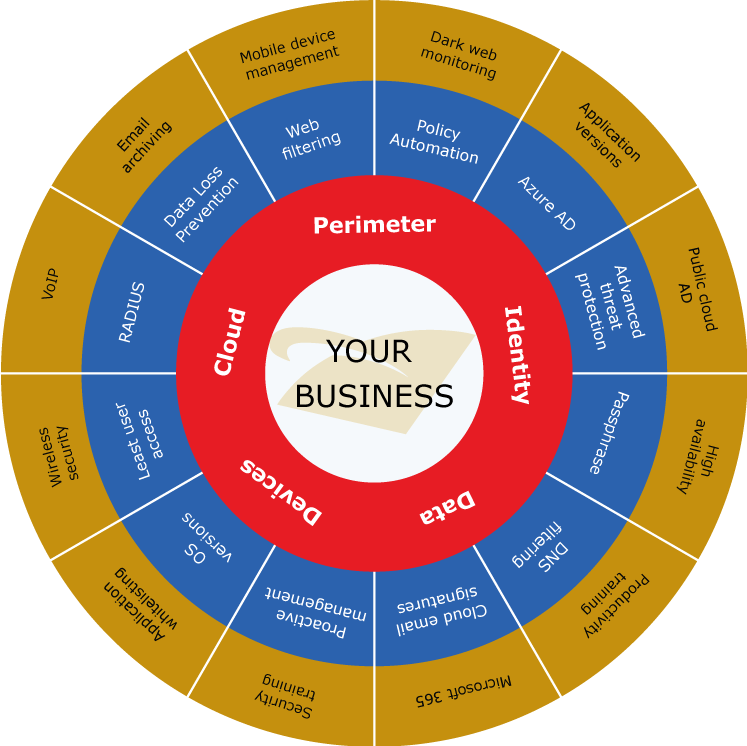In years gone by, viruses were the biggest threat to your computers, and because of this, anti-virus software became big business.
But in an era where businesses are scrambling to defend against much more sophisticated cyber threats, anti-virus software isn’t enough to protect you and your business from the evolving threats in the cyber landscape.
The limitations of anti-virus software
Anti-virus software is specifically designed to detect and remove malicious software from your computer or device. This may include things such as viruses, worms, or even trojans. Unfortunately, it does have a number of limitations which make it inadequate as a standalone cybersecurity solution.
Reactive Nature
Anti-virus software traditionally relied on signature-based detection, which meant it could only identify and combat threats that had been previously encountered and catalogued in its database. This means that the newer malware variants that are cropping up everyday could slip by undetected.
Anti-virus software also often reacts after an infection has occurred. Instead of proactive prevention, it focuses on quarantine and removal after the fact.
Over the past few years behavioural monitoring capabilities have been added to many anti-virus software products (also called heuristics) to identify malware which may be acting like a virus or some kind of malicious software.
Shortfalls against advanced threats
Phishing is now commonly seen as the biggest threat in the cyber space. Phishing is the practice of a sending a user a fake email, social media message, or even text message, in an attempt to steal sensitive information, especially credentials.
While certain spam filters on emails may stop these messages from coming through in the first place, anti-virus software does nothing to help. Cyber security training for your staff is generally the best defence against phishing attacks.
The need for a multi-layered approach
Given the limitations of anti-virus software, a multi-layered cybersecurity strategy is essential to protect your business from a broad spectrum of cyber threats. This would include things such as:
- Network Security: Firewalls to monitor and control incoming and outgoing traffic on your network, acting as a protective barrier between your safe internal environment, and untrusted external threats.
- Vulnerability Management: Keeping all software and systems up to date, running the latest updates and regular patches to ensure security gaps are closed.
- Data Encryption: Protecting your sensitive company information through encryption means that even if cybercriminals gain access to your data, they cannot read or misuse it.
- Employee Training: Our people can be both our weakest link, but also our greatest defence against cyber threats. We encourage the provision of cybersecurity training so that they can recognise phishing emails, are implementing secure passwords, and know what to do in the case of a breach.
Anti-virus software still has a place
This doesn’t mean that there’s no place for anti-virus software, it is still a critical part of a business’s overall cyber security defence as it can help with catching some of the ‘low hanging fruit’.
There are many different types of anti-virus software available on the market, and it’s important that you use the one which suits the needs of your business, and the activities of your employees.
If you feel that maintaining a robust cyber security defence is a challenge in your business, please get in touch with our friendly team. Our managed services are specifically designed to keep your business running smoothly, and our Operational Maturity Model provides a staged approach to cyber security that adapts to the operations and risk profile of your business:

If you’d like to know more, please get in touch: https://calvert.net.au/contact-calvert/
























